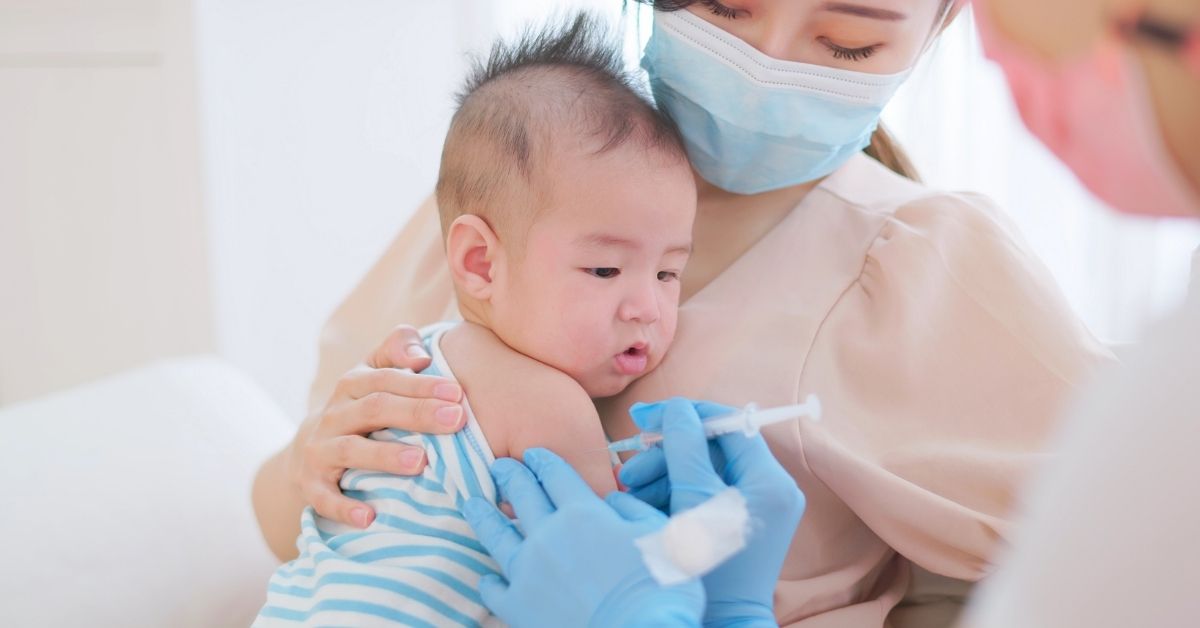The parenting journey is one of the most overwhelming experiences in life. From toddler tantrums to dealing with endless screen time, every decision seems too much! However, some times, certain parenting choices can actually result in conditions such as ADHD in kids. So what exactly is the connection between parenting styles and ADHD? Read this article to explore how parenting style is increasing the risk of ADHD in your child.
What Is ADHD?
ADHD, also known as Attention-Deficit/Hyperactivity Disorder, is a neurodevelopmental condition. It is typically identified by difficulties in maintaining attention, impulsivity, and hyperactivity. According to the Centres for Disease Control and Prevention (CDC), almost 6 million children between the ages of 3 and 17 in the U.S. alone have been diagnosed with ADHD.
Environmental factors, such as parenting styles, play a significant role in contributing to ADHD. However, no parenting approach in particular can cause or prevent ADHD in kids.
Parenting Styles and ADHD: The Connection
Here are the possible factors that significantly increase the risk of ADHD in kids.
Overly authoritarian parenting:
Did you know that according to the Journal of Abnormal Child Psychology, harsh disciplinary practices could increase hyperactivity and impulsivity in kids, especially ones who are already vulnerable to ADHD? A strict and controlling environment can actually create an atmosphere of constant stress for children. Moreover, in such households, it is also a common practice to set high expectations, which results in anxiety and difficulty focusing.
Permissive or Neglectful Parenting:
On the other hand, too much independence can be equally disatrous. Since permissive parenting often lacks boundaries, it makes it difficult for kids to develop self-discipline. This skill is what plays a crucial role in managing ADHD.
According to the American Psychological Association, consistent routines actually help children develop better attention and behavioural regulation.
High Stress Environment At Home:
Lastly, parenting styles, which are often a reflection of chronic stress, financial difficulties, or strained relationships, can result in a problematic home life, especially for kids. In fact, according to research, children exposed to high levels of stress have higher chances of showing ADHD symptoms. Stress doesn't cause ADHD but makes the symptoms worse.
Get the balance right
Parenting styles cannot always be perfect. After all, the parenting journey is all about progress and not perfectionism. Therefore, balming yourself for an ADHD diagnosis in your little ones won't actually help. Rather, you must focus more on creating a supportive environment for your child. According to experts, authoritative parenting is most effective. It typically combines an advanced approach to establishing clear boundaries with understanding. Such kids have better emotional regulation and experience fewer levels of stress.
Takeaway
The fact is, parenting styles aren't the reason behind ADHD. However, it can greatly shape the symptoms and how children deal with it. But you can reduce the risk of ADHD in kids by creating a nurturing and communicative environment where your kids feel safe to express their opinions and share their secrets without any fear. After all, everyone is bound to make mistakes—everyone does. And there’s no better time to improve than now.









